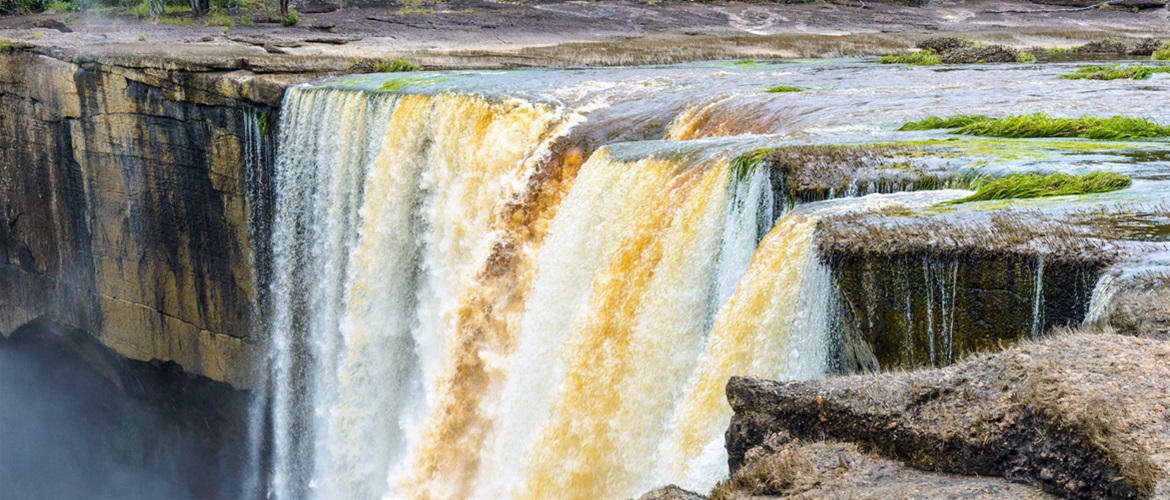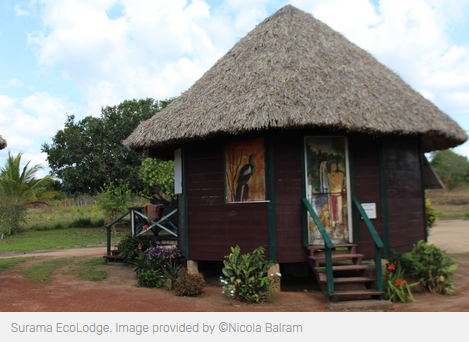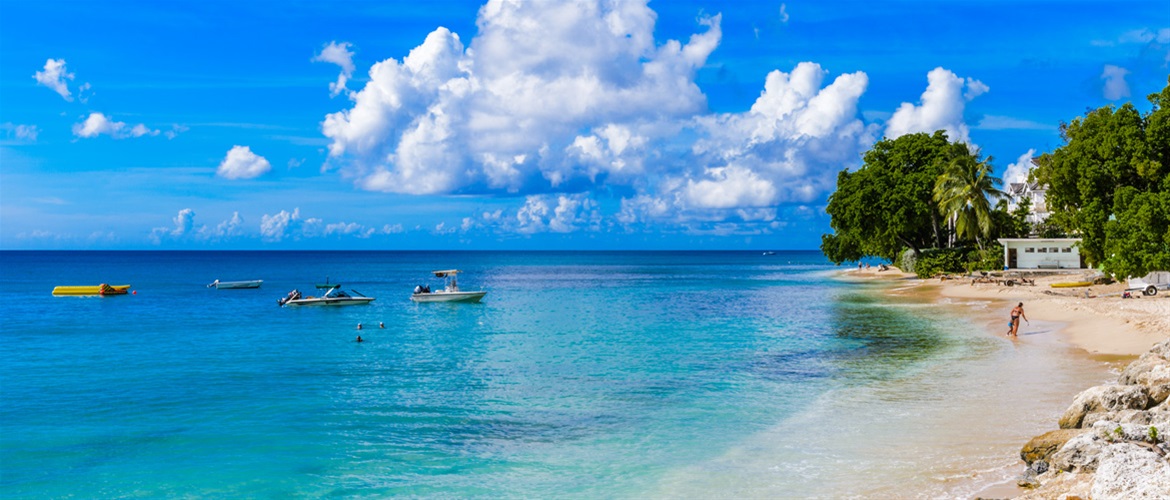
Nestled on the northern coast of South America, Guyana is a gem of biodiversity and cultural richness. Often overshadowed by its more famous neighbors, Brazil and Venezuela, Guyana is rapidly emerging as a premier destination for eco-tourism and sustainable travel. Its vast rainforests, pristine rivers, and diverse wildlife offer unique experiences for environmentally-conscious travelers. The country's commitment to sustainable tourism development ensures that these natural treasures are preserved for future generations while benefiting local communities.


Community-Based Tourism
One of the pillars of Guyana's sustainable tourism strategy is community-based tourism (CBT). This approach empowers local communities, particularly Indigenous groups, to manage and benefit from tourism activities. Villages such as Surama and Rewa have become models for CBT, offering visitors authentic cultural experiences while fostering economic independence and environmental stewardship among residents.
Visitors to these communities can engage in a variety of activities, from guided nature walks and wildlife spotting to cultural exchanges and craft workshops. By participating in CBT, travelers directly contribute to the local economy and help support community projects in education, healthcare, and infrastructure.

Sustainable Lodging
Accommodation options in Guyana also reflect the country's commitment to sustainability. Eco-lodges and guesthouses are designed to blend with the natural environment and operate with minimal ecological footprints. These establishments often use renewable energy sources, practice waste reduction, and source food locally to reduce carbon emissions and support local farmers.
Promoting Responsible Travel
Guyana actively promotes responsible travel practices among tourists. Guidelines and educational programs encourage visitors to respect local cultures, wildlife, and natural resources. Tour operators and guides are trained in sustainable tourism principles, ensuring that they can educate and lead visitors in an environmentally responsible manner.
Challenges and Opportunities
While Guyana has made significant strides in sustainable tourism, challenges remain. Infrastructure development, such as improving transportation and communication networks, is necessary to accommodate the growing number of tourists. Balancing development with conservation efforts requires careful planning and continuous monitoring.
However, these challenges also present opportunities. By investing in sustainable tourism infrastructure, Guyana can attract more eco-conscious travelers and create more jobs. Partnerships with international conservation organizations and the private sector can provide funding and expertise to enhance sustainable practices.
A Bright Future
The future of sustainable tourism in Guyana looks promising. With its unique natural and cultural assets, the country has the potential to become a global leader in eco-tourism. Ongoing efforts to promote sustainability, protect the environment, and empower local communities are key to realizing this vision.
Travelers to Guyana can expect not only breathtaking landscapes and diverse wildlife but also the satisfaction of knowing their visit supports the preservation of these treasures. As more people seek authentic and sustainable travel experiences, Guyana stands out as a destination where tourism and conservation go hand in hand.
In conclusion, Guyana's commitment to sustainable tourism development is a testament to the country's dedication to preserving its natural heritage and supporting its people. By choosing to visit Guyana, travelers contribute to a brighter, more sustainable future for this remarkable destination.
